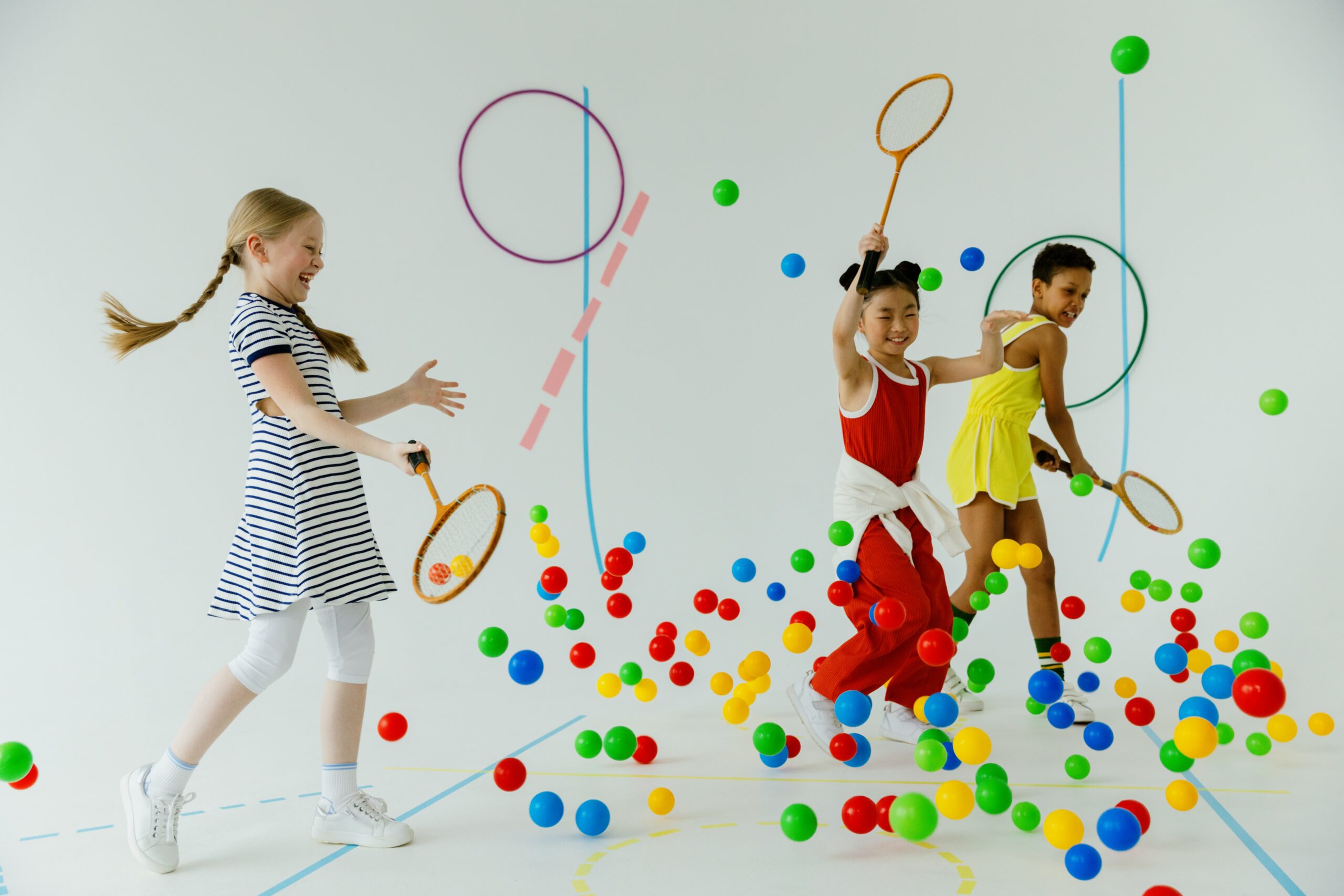Play Help
What is play therapy and how can it help young people with depression? To begin with Well, people’s often think of therapy as a one-size-fits-all thing. A back-and-forth conversation between the therapist and their client. I like to think of it, though, like a process of discovering the best fit for each person.

Play helps
Teens, for example, often find it hard to open up to adults for a variety of reasons. For the most part, it’s the therapist’s job to find the best way to help. Here’s where play therapy comes in. It is exactly what it sounds like: In other words it is using fun activities in a therapeutic context to assist someone express their thoughts and feelings. As a matter of fact, you might think of it as something for younger kids, but it can be a great help for teens, too. Everybody likes to have fun, right?

Play Help
This relatively new approach to teenage treatment helps to reduce the anxiety and stress that can come out of therapy. They look forward to it instead of dreading it and they feel more comfortable to just be themselves. In other words, play therapy can be a good way to let a teen know that they are in a no-judgement environment. In addition, It can lighten the mood while fostering positivity and all the other benefits that therapy aims to achieve. Play is not necessarily a replacement for talk therapy, but a supplement to it. It could even help the client be open to any guidance the therapist might have
. 
Play help
What’s more, with this intention parents and guardians can participate, if the teen is open to it. This can promote a positive relationship between you and your teen and even help them feel more comfortable with the therapy. The teen can even do solo play for a while. Whatever works! In today’s world, with so many people being taught the message that they should always be busy and productive, teens need to learn that it’s okay to relax sometimes.

New Play help Teen
To put it differently Play therapy can be a great way to teach them coping skills for depression in their everyday life. Which is the point of therapy. Not only that, but it might even help the teen find new interests or learn or hone talents. As I said before, is supposed to be a no-judgement environment, so the idea is to ensure they are free from worry of not being “good enough” or “losing.” To repeat not to mention fun therapy can be a great way to keep teens occupied if they have ADHD or other such conditions that make it hard to focus. There’s no end to the possibilities!
Play therapy can take the form of card games, board games, yoga, chess, origami, coloring books, LEGOs, fidget toys, and so much more. It’s all about finding what works for the individual, what makes them most comfortable.
So, never again think of therapy as sitting in a chair and talking back and forth. It’s a dynamic process, and the best therapy is the one that the one that works for your teen. Even if that is playing a game.

